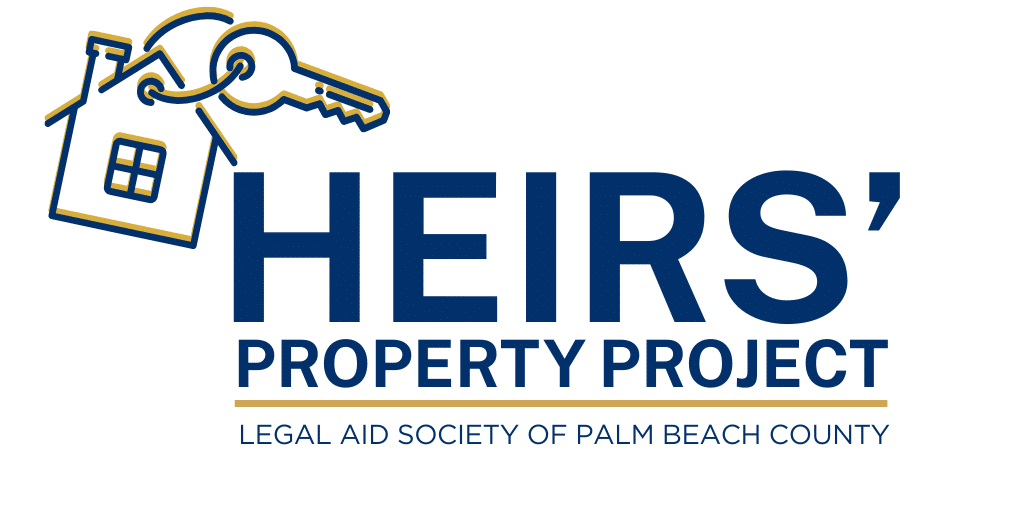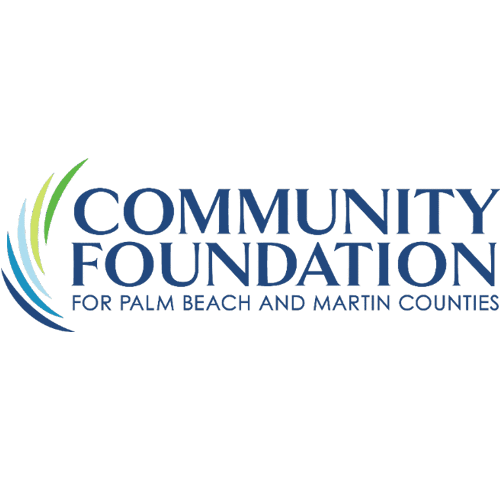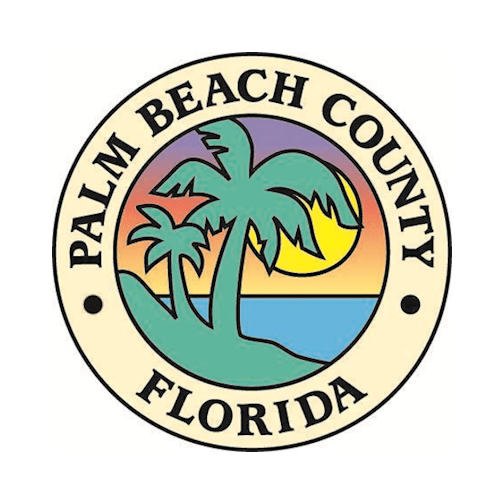Estate Planning & Heirs’ Property in Florida:
A Guide to Protecting Your Assets to Build Generational Wealth
What Is Heirs’ Property?
Heirs’ property commonly refers to land or a home that has been inherited and/or is co-owned by family members, sometimes across generations, without having gone through the required legal process to obtain record title of the property.
Without record title or what’s often called “clear and marketable title”, heirs’ property owners cannot access the full wealth-building benefits of homeownership. They are often ineligible for commercial and government loans, and the homestead property tax exemption, which can provide substantial tax savings.
If you do not have an estate plan in place upon your passing, Florida law will determine who inherits your property. This can have unintended consequences, and often, splits ownership among multiple relatives, causing confusion and conflict.
Why Estate Planning Matters
Estate planning is more than just preparing a will, it’s about making sure your home and assets transfer to your loved ones with intention and without the time and expense of unnecessary legal fees and court battles.
Estate Planning Tools That Protect Your Property
✅ Last Will and Testament
A legal document that allows you to specify who should inherit your property and assets when you pass away. It can also name a guardian and trustee for minor children.
✅ Lady Bird Deed (Enhanced Life Estate Deed)
This special deed allows your home to automatically transfer to a chosen person upon your death, without going through the probate legal process, which can be time consuming and expensive. During your lifetime, you keep full ownership and control of your property, including the right to sell or mortgage it.
✅ Power of Attorney
A Power of Attorney lets you choose someone you trust to manage your financial affairs if you become unable to do so. This can include paying bills, handling banking matters, and managing property.
✅ Healthcare Surrogate
A Healthcare Surrogate form allows you to name someone to make medical decisions for you if you are unable to communicate. This person can speak to your doctors, access records, and ensure your treatment preferences are followed.
✅ Living Will
A Living Will is a legal document that outlines your wishes for end-of-life medical care, such as life support or resuscitation. It helps your family and healthcare providers honor your choices if you are critically ill or unconscious.
How Legal Aid Society of Palm Beach County Can Help
We offer free legal assistance to qualified residents of Palm Beach County. Our attorneys and advocates can help:
- Draft wills and simple estate plans
- Create deeds that protect your home’s future interests and avoid probate
- Resolve heirs’ property disputes through probate and other legal means
- Guide you in transferring property properly

Frequently Asked Questions
Probate is a court-supervised legal process used to transfer a deceased person’s assets—like a home—to their heirs or beneficiaries. The court ensures debts are paid and property is legally passed on.
When someone dies, their assets don’t automatically go to your family unless they were jointly owned or there’s a legal instrument, such as a trust, lady bird deed, or beneficiary designation associated with that asset. If there’s no estate plan in place, your assets will go through the probate process, and Florida law will decide who inherits.
If the deceased did not have an estate plan and owned a home or other assets in their name only, yes, probate is likely necessary to transfer ownership legally to heirs.
Paying taxes or living in the home does not automatically give you legal ownership. Probate may still be needed to update the record title of the property, which is important for selling, refinancing, or protecting your rights.
Probate law in Florida requires that all heirs, meaning those with any ownership interest in the party, and any other interested parties be notified, even if you’ve been living in the home or handling expenses.
Anyone who is a legal heir under Florida law, or someone named in a will, may have an interest. This usually includes spouses, children, and sometimes siblings or other relatives if no closer heirs exist. An interested party also includes any creditor seeking reimbursement of debts from the estate.
You can check with the Palm Beach County Property Appraiser’s Office here (https://pbcpao.gov/index.htm) or Palm Beach County Clerk of the Circuit Court for public records here (https://www.mypalmbeachclerk.com/records/official-records). Our team at Legal Aid Society can also help you review the title and identify heirs.
No, not necessarily. You may be able to keep the property, transfer it to an heir, or agree as a family on what to do. Selling is one option, but not the only one.
A partition action is a legal case where one or more co-owners of a property ask the court to force the sale or division of the property if the owners cannot agree. It can lead to losing the property, so it’s important to try to resolve conflicts early.
You can still participate in probate from another state. Legal Aid can guide you through the process remotely, and Florida courts allow for many actions to be handled online or with help from local representatives.
If you die without a will, Florida’s intestate succession laws determine who inherits your property—usually starting with your spouse and children, then other close relatives. It’s best to make a will to ensure your wishes are followed.
The mortgage doesn’t automatically transfer, but heirs who inherit the home can often continue making payments. Some lenders allow heirs to assume the mortgage, but you should contact the lender and get legal advice to avoid foreclosure risks.
Legal Aid Society of Palm Beach County does not charge a fee for our services. However, there may be filing fees associated with filing a probate case in court. Under limited circumstances, clients may be eligible for a fee waiver with the court based on income.
Yes. Even if you’ve already started the probate process, we may still be able to assist. Please contact us.
Properties must be located within eligible census tracts within Palm Beach County as designated by the Federal Financial Institution Examination Council. To see if your property qualifies, visit the Palm Beach County Heirs’ interactive online mapping tool pbcgov.maps.arcgis.com. Eligible properties will be located within a purple shaded census tract.
How to Qualify
For Estate Planning Assistance under the Heirs’ Property Project:
You must be a homeowner in Palm Beach County seeking help with documents such as wills, powers of attorney, or advance directives.
For Probate Assistance:
You must be a resident of Palm Beach County or heir who is inheriting a home or have an interest in a property located in Palm Beach County.
Financial Qualifications:
Applicants must meet financial eligibility guidelines. We will review your eligibility during the intake process to determine if you qualify for free legal services through our program.
Protect What Matters Most
Let us help you secure your legacy for the next generation. Don’t wait until it’s too late. Planning ahead protects your home, your family, and your legacy. Even a simple estate plan can make a big difference.
📍 Visit Us
Legal Aid Society of Palm Beach County, Inc.
423 Fern Street, Suite 200
West Palm Beach, FL 33401
📞 Call Us: (561) 655-8944 ext. 167
🌐 Online: To Apply Click Here
The Heirs’ Property Project is generously funded by:




